Description
I. Introduction
For effective and secure fluid or gas delivery, pipeline maintenance is essential. Operational problems, environmental harm, and exorbitant expenses can all be avoided with routine maintenance. Pipeline Cleaning Pigs play a very important role in the maintenance of the pipelines.
Efficiency: Over time, sediment and debris can build up in pipes, lowering flow rates. This is avoided by routine cleaning with pipeline pigs, maintaining optimal performance.
Safety: Deposits and corrosion can make pipelines more vulnerable, which could result in leaks or failures. Pigs can not only clean pipes but also spot potential problems early on, improving safety.
Longevity: By preventing early wear and tear and lowering replacement and repair costs, routine maintenance using pigs can extend the lifespan of pipelines.
II. The Need for Pipeline Cleaning
Regular pipeline cleaning is essential for many reasons, but it’s especially important for the effectiveness, security, and durability of the pipeline systems.
Pipelines can build up trash, sediment, and even chemical buildup if they aren’t regularly cleaned. This depends on the item being delivered. This accumulation may impede material flow, resulting in lower throughput and ineffective operation. In extreme circumstances, it could even result in total obstructions, necessitating expensive procedures and creating a large amount of downtime.
From a safety standpoint, corrosion and accumulation may cause the pipes’ structural integrity to deteriorate. Over time, this deterioration can result in leaks or even pipeline breaches, posing substantial environmental dangers and perhaps resulting in significant operational and reputational losses.
Last but not least, routine cleaning makes pipelines last longer. Debris buildup and the presence of corrosive substances can hasten wear and tear, necessitating more frequent and expensive repairs or replacements.
In conclusion, pipelines can experience decreased efficiency, elevated safety hazards, and a shorter lifespan without frequent cleaning, all of which can have a substantial impact on operations and costs.
III. Types of EMT Pipeline Cleaning Pigs
We provide all of these pipeline cleaning pigs: Solid Cast Pigs, ABS Pigs, Foam Pigs, Cup Pigs, Disc Pigs, and Ball Pigs.
IV. Advantages of Pipeline Cleaning Pigs
Solid Cast Pigs: These are robust and durable pipeline pigs, often used in challenging pipeline conditions. Thanks to their solid construction, they’re excellent at removing hard deposits and stubborn debris that other pigs might miss. Their durability provides a long life span, making them a cost-effective solution for regular pipeline cleaning and maintenance.
ABS Pigs: Also known as All-Body-Sphere pigs, ABS Pigs are lightweight and flexible, making them ideal for pipelines with bends, turns, or varying diameters. Their 360-degree cleaning surface ensures a thorough cleaning, and their light weight helps minimize wear and tear on the pipeline. Due to their versatility, ABS pigs are suitable for a wide range of cleaning applications.
Foam Pigs: Foam pigs are versatile and economical, capable of traversing bends and fittings that may be challenging for other pig types. They are used for a variety of applications, such as drying, wiping, and removing loose debris. Foam pigs can be coated with abrasion-resistant material for more demanding cleaning tasks, enhancing their versatility.
Cup Pigs: Cup pigs are characterized by flexible, cup-shaped sealing elements. They create a seal against the pipeline wall, providing excellent cleaning and purging capabilities. Cup pigs can also be equipped with brushes or blades for more aggressive cleaning tasks. Their flexible design allows them to navigate diameter changes and bends effectively.
Disc Pigs: Disc pigs, named for their disc-shaped sealing elements, offer excellent seal and scraping capabilities. They can handle a range of pipeline conditions and cleaning requirements, from light cleaning to the removal of tough deposits. Their sturdy design allows them to maintain a consistent scraping force along the pipeline.
Ball Pigs: Ball pigs are simple, cost-effective, and good for light cleaning or product separation tasks. Their round shape allows them to easily navigate bends and turns in the pipeline. Though not as aggressive as other pig types, ball pigs are useful for routine maintenance and pre-inspection cleaning.
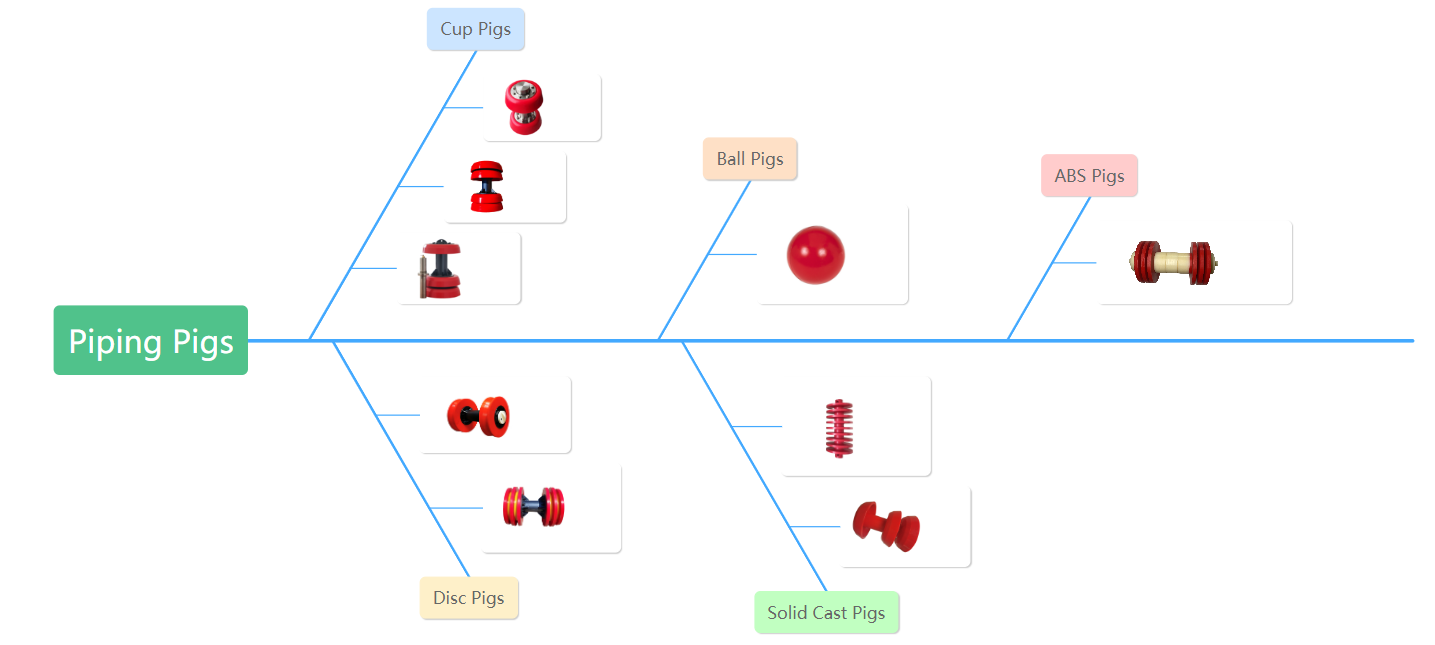
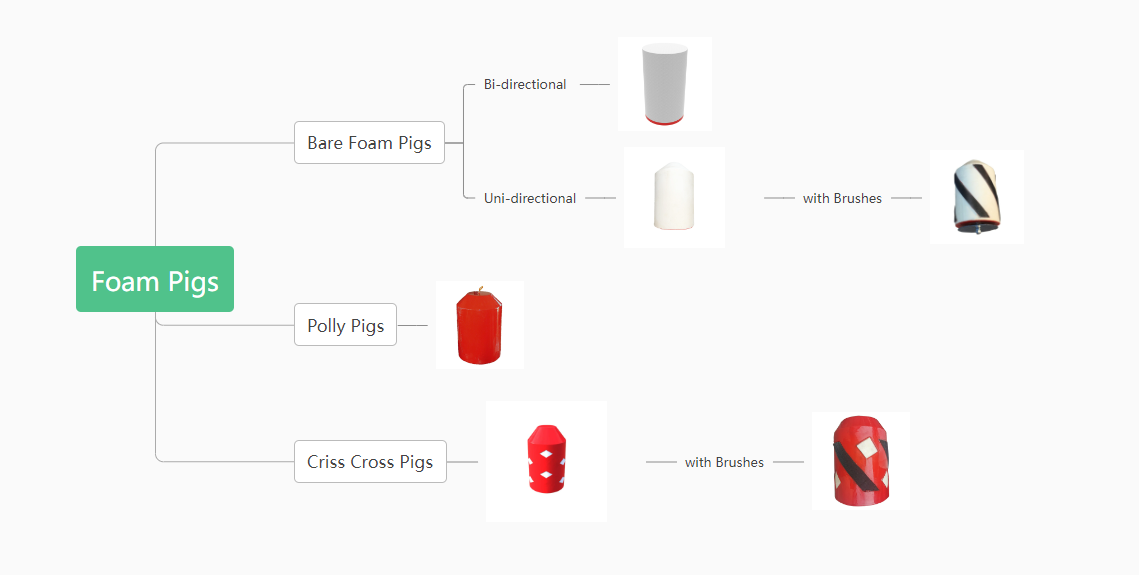
V. Frequently Asked Questions
- What is the importance of pipeline cleaning?
Regular pipeline cleaning is essential for maintaining efficiency, ensuring safety, and prolonging the lifespan of pipelines. It helps prevent the buildup of debris and corrosion that can lead to operational issues and potential failures. - What are pipeline pigs and what do they do?
Pipeline pigs are devices used for cleaning and inspecting pipelines. They help remove debris, detect early signs of damage, and prevent premature wear and tear, contributing to the optimal operation, safety, and longevity of pipelines. - How often should pipelines be cleaned?
The frequency of pipeline cleaning depends on several factors, including the type of material being transported, the pipeline’s age and condition, and regulatory requirements. Regular inspections can help determine the optimal cleaning schedule. - What happens if pipelines are not cleaned regularly?
If pipelines are not cleaned regularly, they can accumulate debris, sediment, and even chemical buildup, leading to decreased throughput and operational inefficiency. Over time, corrosion and buildup can weaken the structural integrity of pipelines, leading to leaks or bursts and posing serious environmental and operational risks. - Can pipeline pigs be used in all types of pipelines?
While pipeline pigs are versatile tools, their use may be limited by certain factors such as the pipeline’s diameter, the presence of bends and fittings, and the type of debris or deposit to be removed. It’s important to select the appropriate pig type for the specific pipeline and cleaning requirements.
VI. Summary
The need of pipeline upkeep and routine cleaning is emphasized in this article to ensure safe and effective fluid or gas transportation. It draws attention to the potential operational issues, environmental harm, and excessive expenditures that may result from lack of maintenance. The article describes how pipeline pigs can increase effectiveness, safety, and longevity by avoiding silt and debris buildup, spotting possible problems early on, and eliminating untimely wear and tear.
The importance of pipeline cleaning is further emphasized by describing how neglected pipes can suffer from chemical buildup, debris collection, and corrosion, which can lower throughput, pose safety hazards, and shorten lifespan.
The investigation of various pipeline cleaning pig kinds, including Solid Cast, ABS, Foam, Cup, Disc, and Ball pigs, serves as the article’s conclusion. It goes into detail about each of their distinctive characteristics, including the durability of Solid Cast pigs, the adaptability of ABS and Foam pigs, the superior sealing abilities of Cup and Disc pigs, and the ease of use and low cost of Ball pigs. Each kind offers a complete toolkit for pipeline maintenance and is appropriate for various pipeline conditions and cleaning requirements.

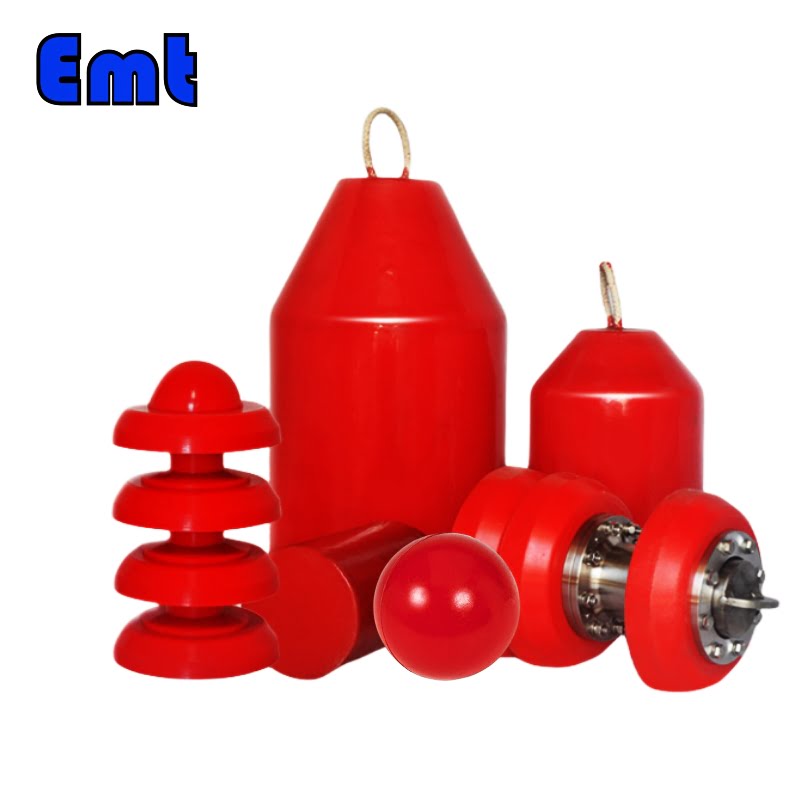
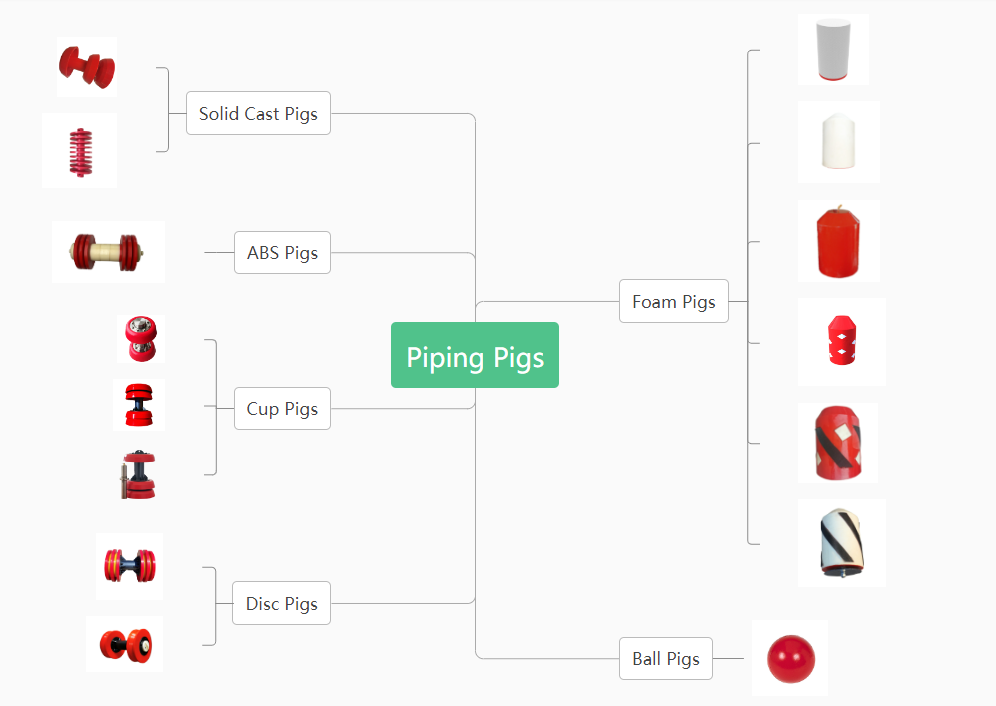
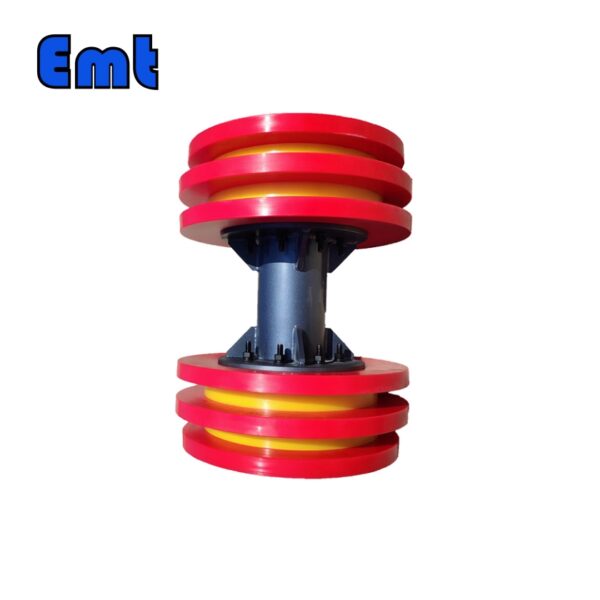

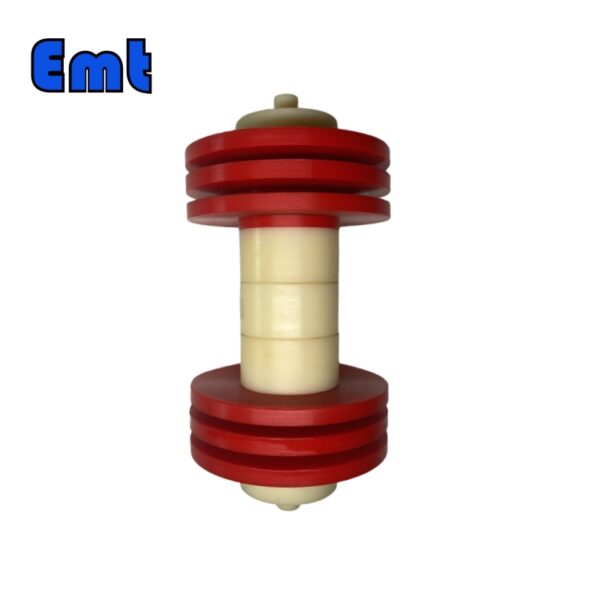
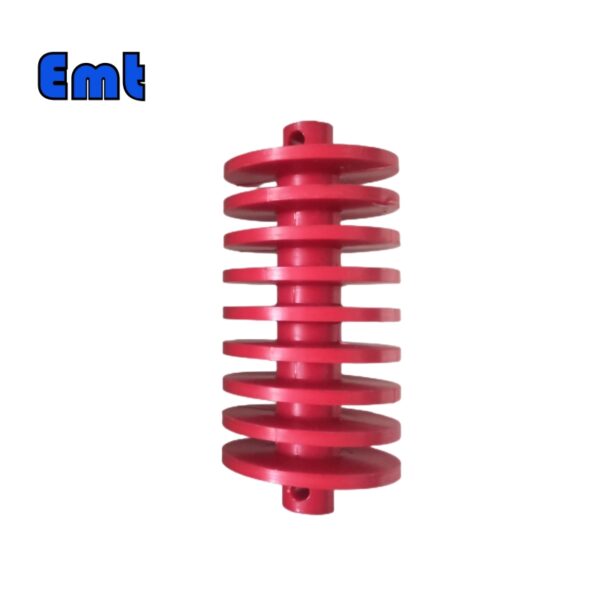
Reviews
There are no reviews yet.